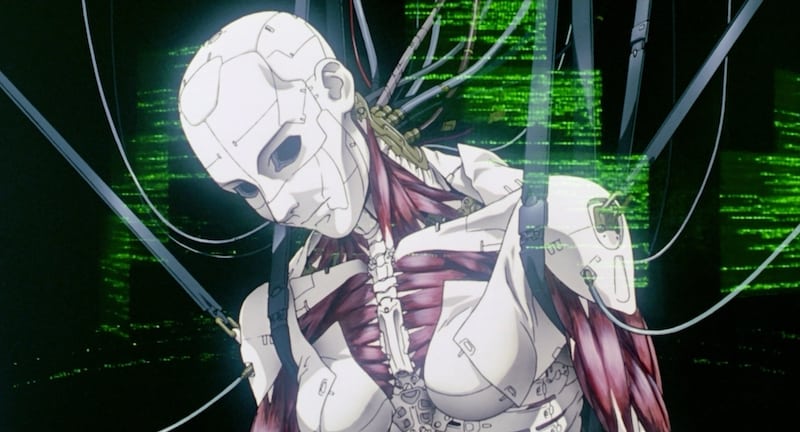There isn’t a succinct definition of cyberpunk. Its origins can be traced back to the late 1960s and the New Wave sci-fi movement, with writers like J.G. Ballard, William Gibson, and Harlan Ellison. As a sci-fi sub-genre, cyberpunk is keenly interested in speculative technology and urban dystopias; which together provide fertile breeding grounds for vice, drugs, nefarious corporations, corruption, and social upheaval.
On-screen, cyberpunk takes a variety of shapes, from The Matrix to Escape From New York (yep, fight me). But no film has come to define the sub-genre more fervently in the popular consciousness than Ridley Scott’s Blade Runner, with its neon-noir, globalist vision of a futuristic Los Angeles.
I can think of a lot of ways to describe how cyberpunk worlds make me feel (sad, artificial, and lonely spring to mind). But “comforting” isn’t one of them. The following video essay argues that, if you tilt your head the right way, cyberpunk cities offer a kind of relief. Somewhere, on the other side of all that existential anxiety and angst … there’s a sense of bliss and relief. Amidst all the urban bustle and the sea of cables, you don’t mean a thing. Thank god.
Watch “The Comforts Of Cyberpunk | Escape Into Meaning”
Who made this?
This video essay on why cyberpunk is comfortable to some viewers was created by The Nerdwriter, a.k.a. Evan Puschak. The Nerdwriter covers everything from art to culture, to philosophy and politics.


